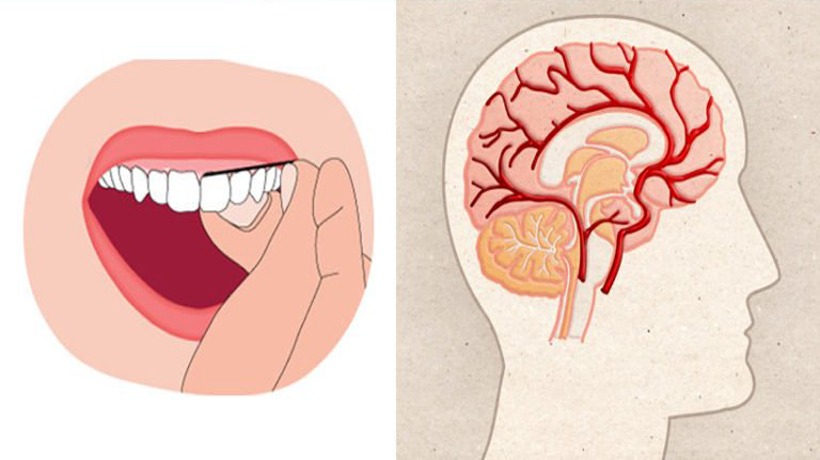Bad breath has notoriously stopped first date kisses in their tracks. But according to new research, poor oral hygiene can potentially lead to much more significant consequences than losing a date with Chad from Retro Fitness.
Researchers from Tampere University in Finland performed a study on patients who had undergone thrombectomies, procedures that remove blood clots with catheters that are surgically placed into arteries. They used a sample of about 75 people who received emergency treatment for brief stroke-like attacks that tend to temporarily induce weakness on one side of the body (ischemic strokes) to determine that oral bacteria might be involved in the formation of these blood clots.
When researchers analyzed these 75 patients’ samples, they discovered that 79% of the blood clots had DNA found in common oral bacteria. According to the Journal of the American Heart Association (JAHA), these specimens can enter the bloodstream after trauma or dental procedures such as root canals or tooth extractions.
Oral pathogens can stimulate endothelial cells, or cells that line the blood vessels, to secrete inflammatory signals from the immune system. This, in turn, causes endothelial dysfunction, which contributes to the establishment of plaque.
Bacterial inflammation (in addition to traditionally-recognized catalysts such as hypertension, smoking, or obesity) can exacerbate atherosclerosis, a buildup of plaque on artery walls that tends to precede an ischemic stroke. For this reason, a recent study confirmed that regular dental care lowers the risk for this kind of medical emergency.
A study published in the journal Stroke also determined that oral hygiene should be emphasized in the primary prevention of acute ischemic stroke. Periodontitis (inflammation of the gums) and gingivitis (gum disease) were identified as an independent risk factor for younger patients and men, potentially because of differences in health awareness between sexes.
As evidenced by these two studies, brushing your teeth, flossing, and visiting a dentist regularly may help with the prevention of blood-clot related emergencies.
Sources:
https://www.medicalnewstoday.com/articles/325304.php
https://www.functionalmedicineuniversity.com/public/1119.cfm
https://www.ahajournals.org/doi/10.1161/JAHA.119.012330



